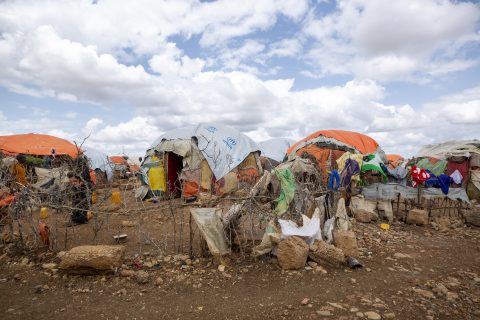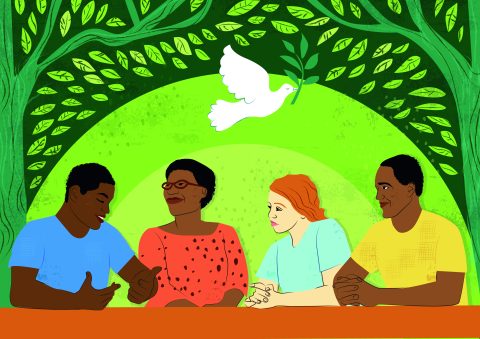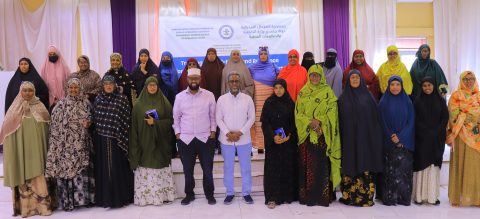Somalia
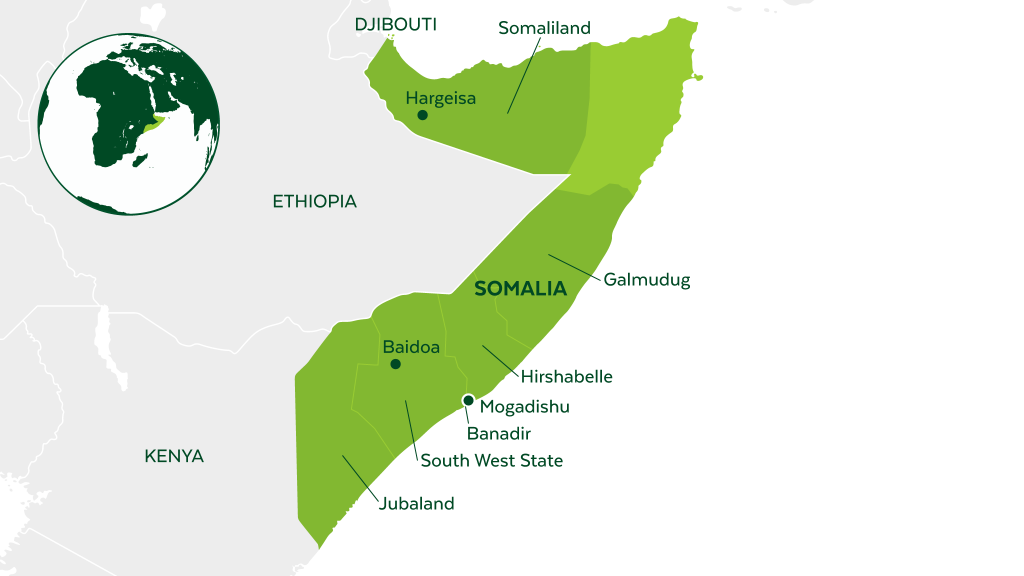
Decades of violence have made Somalia one of the world’s poorest and most fragile countries. The civil war that began in 1991 collapsed the country’s central government and provided a foothold to extremist groups that has caused further instability.
Finn Church Aid (FCA) supports peace and reconciliation in Somalia and the rebuilding of government structures as well as the role of women in society.
Humanitarian aid brings water and food to drought-affected areas. FCA’s humanitarian work also supports access to quality education for internally displaced people (IDPs) and the communities hosting them.
Population: 11.3 million
Capital: Mogadishu
Currency: Somali shilling
Languages: Somali (official), Arabic (official), Italian, English
Religions: Islam
FCA in Somalia: since 2008
Our results
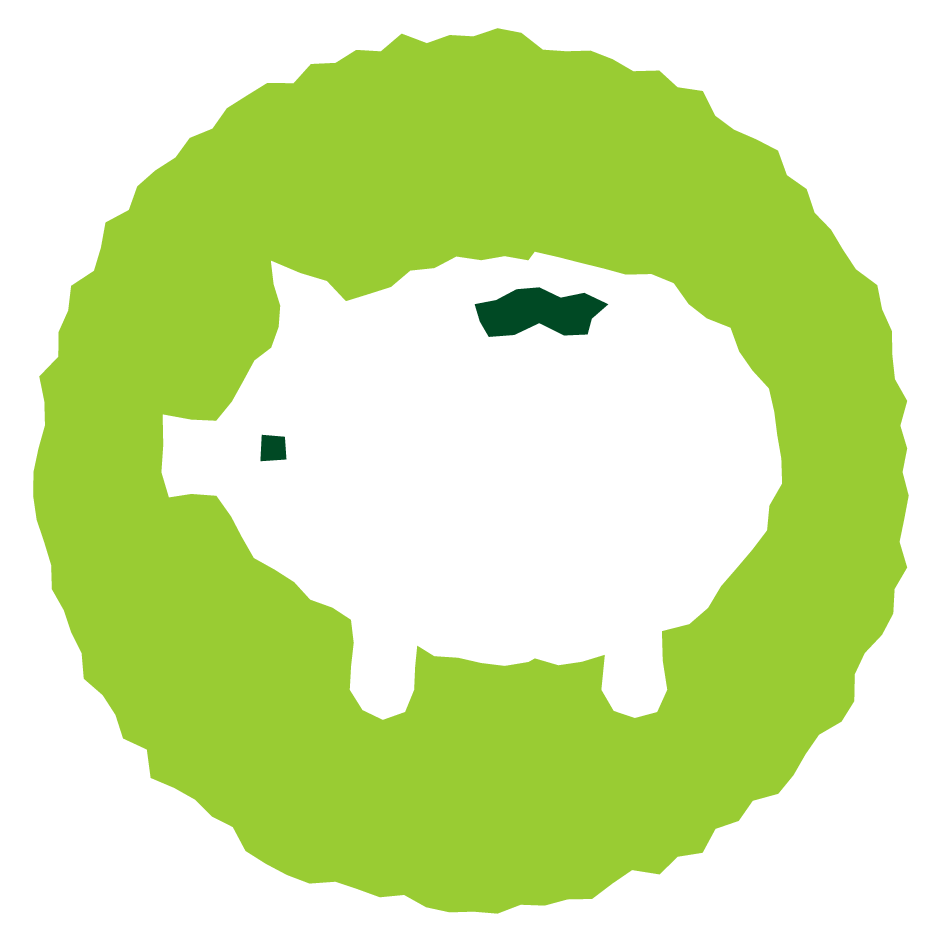
2,331
families received mobile money to buy school supplies and uniforms for their children.
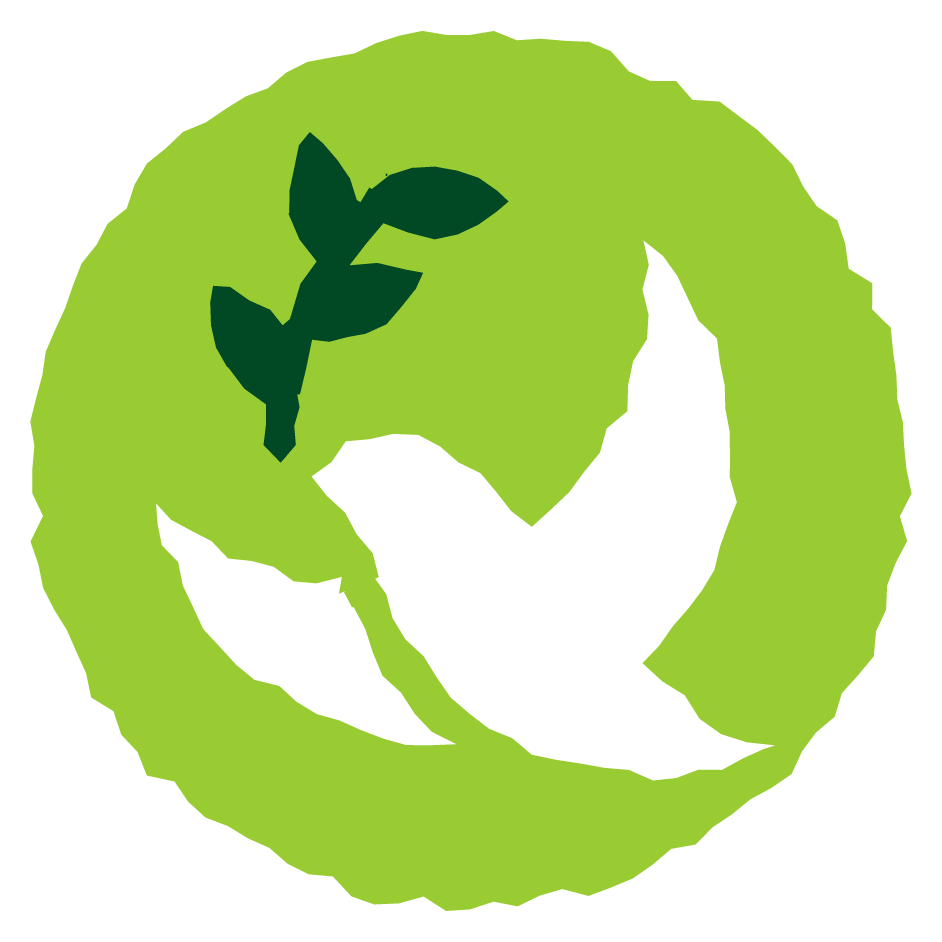
326
duty-bearers, including officials and decision-makers, trained on inclusive local governance, social reconciliation and gender equality.

8,540
learners were supported after schools that had been closed due to the pandemic reopened in August.
Support for peace and reconciliation since 2008
FCA has conducted peace work in Somalia since 2008. The reconstruction of the federal state began in 2012 and in recent years, FCA has supported the building of local and central administration as well as the national reconciliation process. FCA ensures that women and youth are included in peacebuilding and has convened conferences and gatherings, where marginalised groups have made their voices heard, and helped disputing groups find common ground with each other.
In 2019, we formulated a national framework for promoting reconciliation in Somalia together with the Network for Religious and Traditional Peacemakers and 1,104 influencers. Somalia’s Council of Ministers ratified the agreement, and it formed an important milestone for reconciliation.
We also supported the founding of the BAYWAN network of women’s organisations in South West State. The network promotes a statute to ensure a quota of 30 per cent for female representation in politics and administrative structures. The network comprises 207 women who have completed FCA’s advocacy training. FCA has also worked actively with the formation of district councils that promote the participation of women, youth and other marginalised groups in decision-making and the results have been promising so far.
At the end of 2019, 5.2 million people in Somalia needed humanitarian assistance due to conflict, internal displacement, floods and drought. Through education, we supported 4,259 children and youth in refugee camps in Baidoa town who fled extreme weather conditions and conflict in their home regions. The support included the salaries of 58 teachers.
Baidoa hosts the second largest population of internally displaced people in Somalia. We also work with awareness-raising, distributions and other measures to curb the spread of the coronavirus in the area. FCA will continue training teachers and pupils, establish school hygiene clubs and campaign for a safe return to school when schools that were closed during the pandemic reopen.
FCA strengthens peace through livelihoods
Increasing opportunities for livelihoods is an important part of our peace work. FCA has successfully improved livelihood opportunities of internally displaced people (IDP) through livestock interventions. During long-term projects, many families have succeeded in raising the number of animals to at least three times the number of cows and goats originally given to them.
In livelihood trainings, participants learn new skills that help them for instance in establishing business enterprises. The projects have supported IDP’s and returnees from Yemen in finding a new profession or starting their business.
